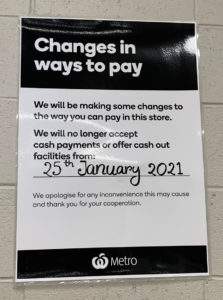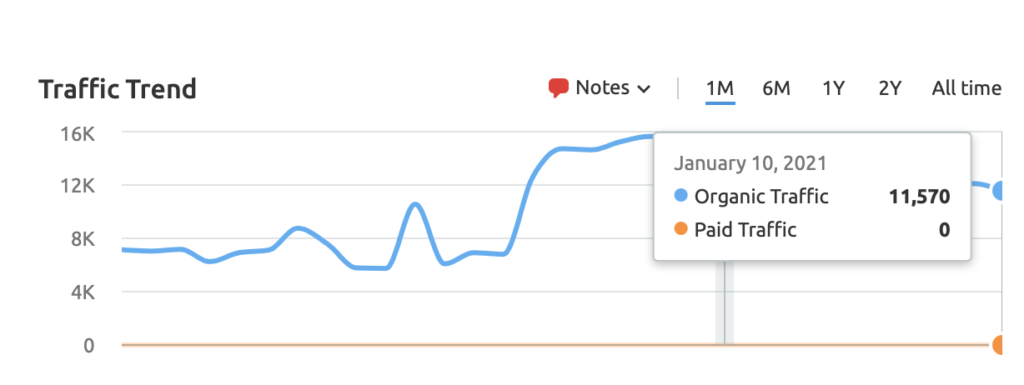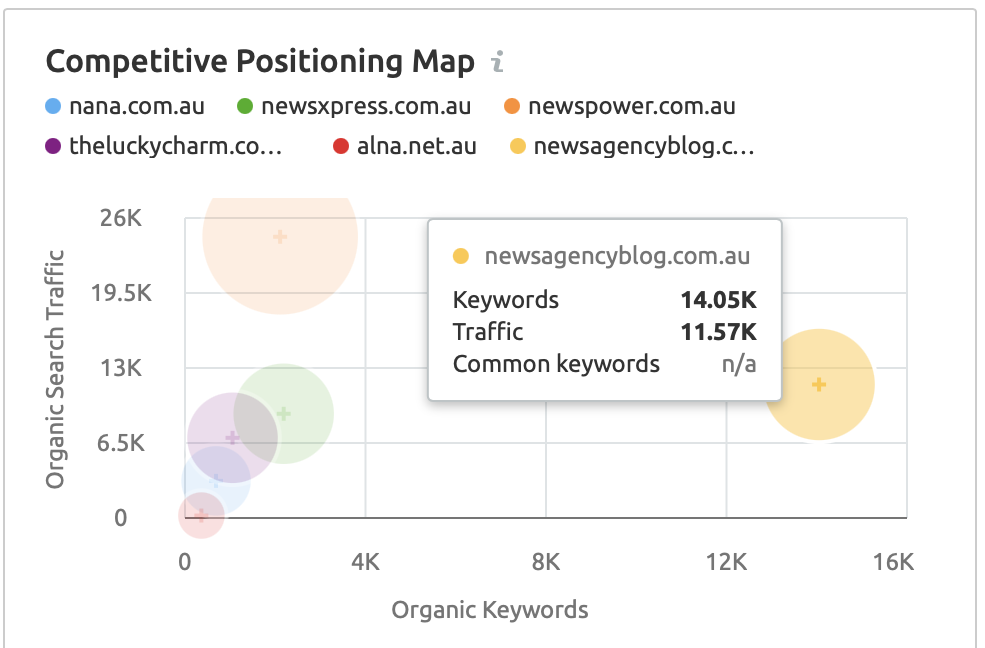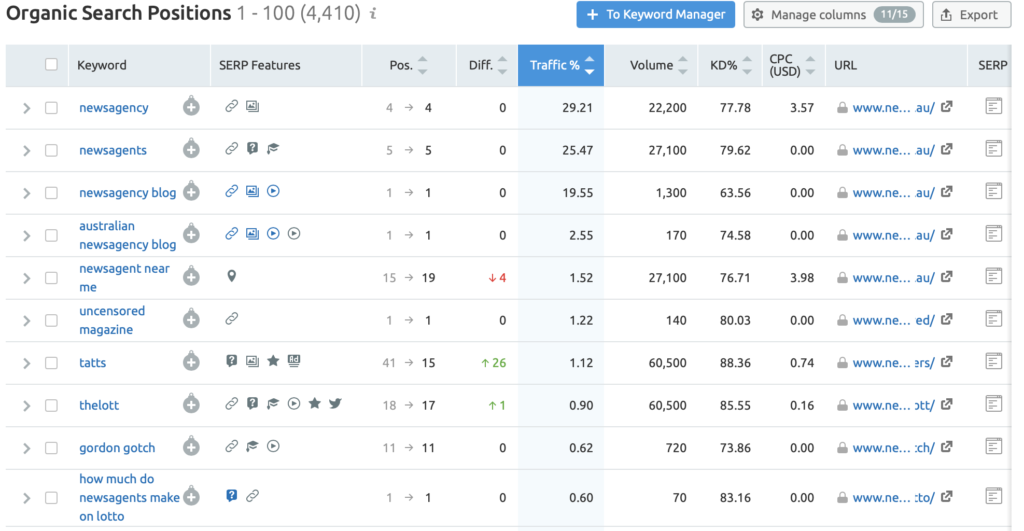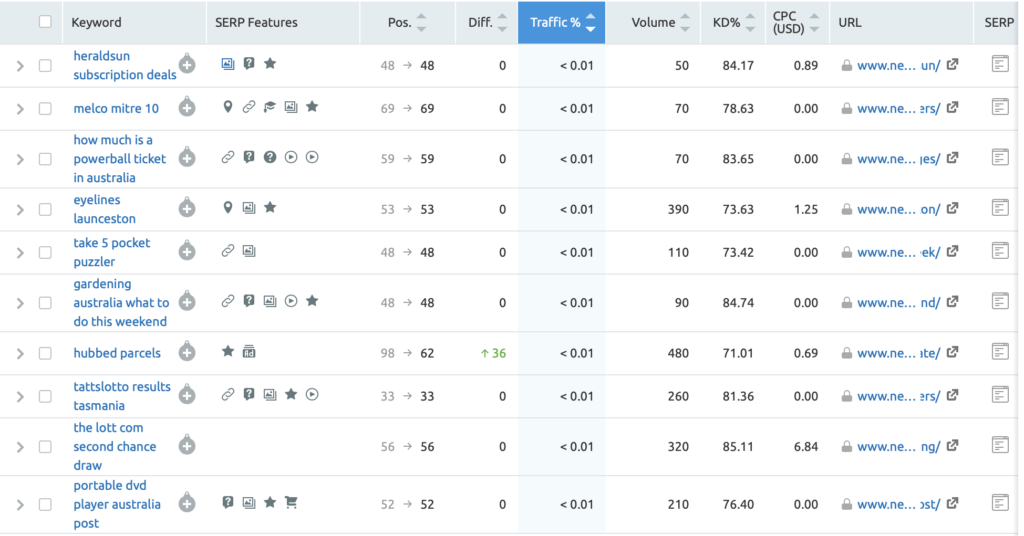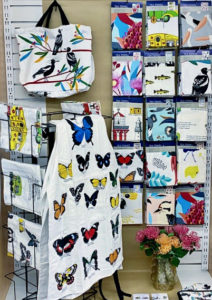 Offering ready to give gifts is a terrific way to increase gift sales in the newsagency or any retail business.
Offering ready to give gifts is a terrific way to increase gift sales in the newsagency or any retail business.
Placing the wrapped ready to give item next to a clear description or a showing of what is in the gift makes the purchase easy.
Offering a diversity of gift choices is key, too … where diversity can be in the wrapping itself. This is especially true for Valentine’s gifts given the evolving diversity of this season.
What I particularly love about the gift pictured, which I did not wrap by the way, is that it looks non traditional and it appeals more broadly than is common for val gifts.
To me, this gift and others from the pre-wrapped range represent a good example of us differentiating our business and making our own success.
It is also a way of repositioning existing inventory. In this photographed package, for example, is a candle, which, alone on the shelf, may not feel like a val gift. Packaged this way it does.
Valentine’s Day 2021 will be different to other years because of what we all went through in 2020. Engaging early and outside traditional is key to maximising this difference I think.


